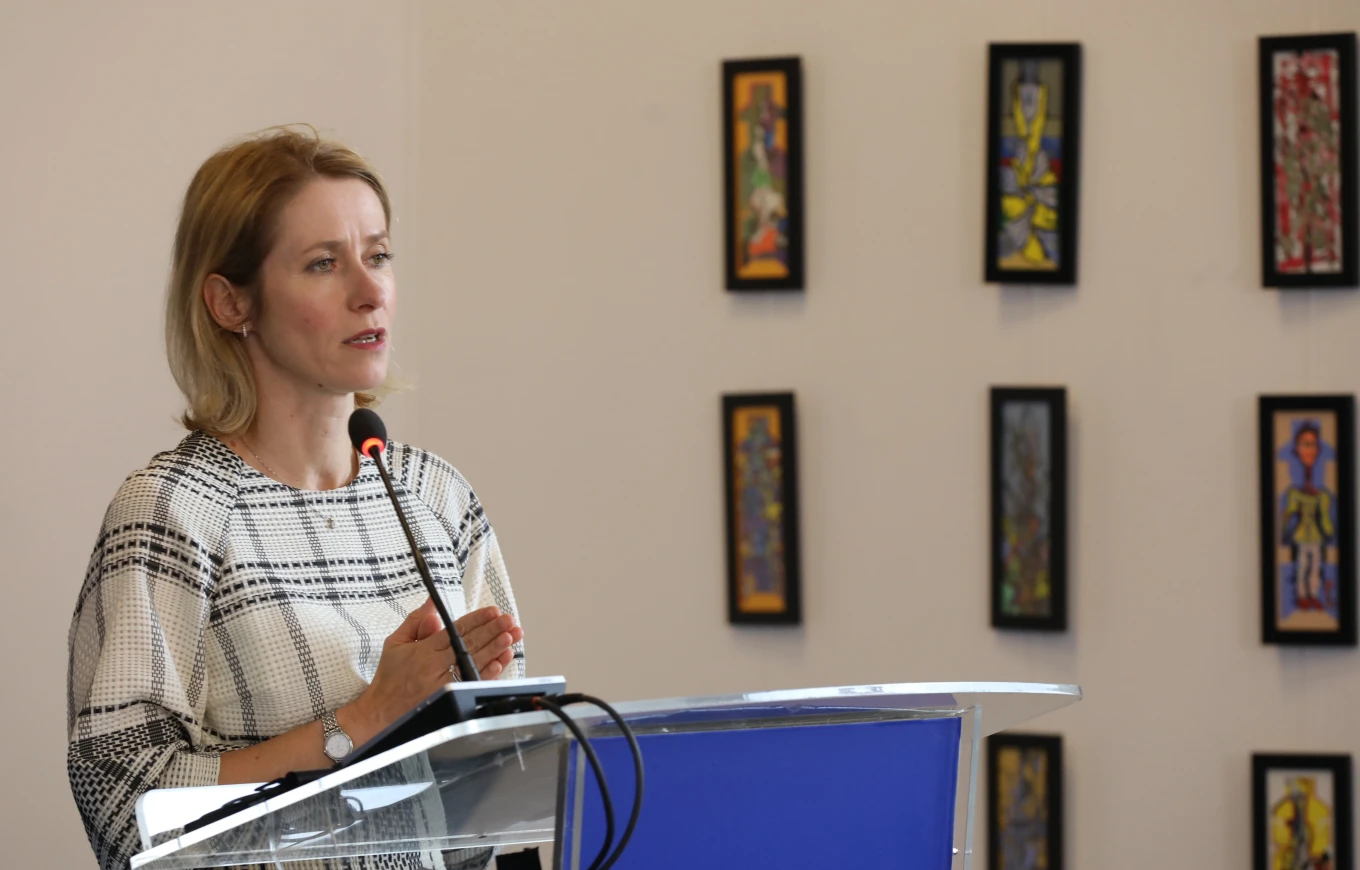The Kurdistan Workers’ Party (PKK) last week announced its dissolution, marking the end of a four-decade insurgency that claimed tens of thousands of lives, in what could signal a transformative shift for Türkiye and its neighbors.
The declaration, if upheld, may remove a key obstacle to regional cooperation and economic development in Türkiye, Iraq and Syria – the three countries most affected by PKK violence.
Oytun Orhan, a senior analyst at the Ankara-based Center for Middle Eastern Strategic Studies (ORSAM), said the move could have the greatest impact in Iraq, where the PKK has long maintained bases in the north.
Türkiye, which has conducted numerous cross-border operations against the group and maintains military installations in northern Iraq, has said its operations will continue until it is certain the threat is eliminated.
“If the PKK fully disbands, it would remove the need for further Turkish military actions and could significantly improve Ankara’s ties with both Baghdad and Irbil,” Orhan told Turkish media outlet Daily Sabah.
Terrorism remains a key issue in Türkiye-Iraq relations. Turkish strikes targeting PKK positions in northern Iraq have often strained ties, with Ankara urging cooperation from both the Iraqi central government and the Kurdistan Regional Government (KRG).
“The elimination of terrorism would provide a healthier basis for diplomatic and economic ties,” Orhan said.
Boost to Trade and Infrastructure Projects
The PKK’s exit could also unlock stalled regional development plans, including a proposed $17 billion corridor linking the Gulf to Europe via Iraq’s Grand Faw Port, Türkiye, and into continental Europe. The project involves a network of rail and road links that could transform trade routes across the region.
“If security conditions improve, the Development Road and related energy projects will become more feasible,” Orhan said.
Baghdad has voiced support for continued rapprochement with Ankara and described the PKK as a “shared threat.”
“Iraq’s security will benefit, and that will open the door to deeper energy and trade ties,” he added.
Focus Shifts to Syria’s YPG
Türkiye has also indicated that the PKK’s dissolution should apply to its affiliates, particularly the Syrian-based YPG, which controls parts of northern Syria and has received U.S. backing in operations against Islamic State militants.
The YPG, initially opposed to disbandment, signed a March deal with Damascus to dissolve and integrate into state institutions, including the surrender of border crossings and control over oil and gas infrastructure. Implementation is expected by year-end, though questions remain over the group’s future armed status.
“The PKK’s dissolution would weaken its influence over the YPG and make integration into Syria’s state system more realistic,” Orhan said. “This would also soften Türkiye’s stance toward the group.”
Ankara insists on a unified Syrian state with a single legitimate military force and opposes any federalist arrangements. Damascus, too, has rejected the YPG’s recent calls for federalism, warning it violates the March agreement.
“Any special status for the YPG could lead to future ethnic or sectarian tensions, as seen in Iraq and Jordan,” Orhan said.
Risks of Fragmentation and Resurgence
Orhan cautioned that not all factions within the PKK may comply with the disbandment.
“Some splinter groups have already rejected Öcalan’s call to disarm, claiming the decision does not apply to them,” he said. “This remains one of the biggest risks in the process.”
While Türkiye welcomes the development, it remains wary of potential dissent and is prepared to continue counterterrorism efforts where needed.
“Ankara will distinguish between those willing to pursue politics and those clinging to violence,” Orhan said. “Only then will it know who to engage with – and who to confront.”



